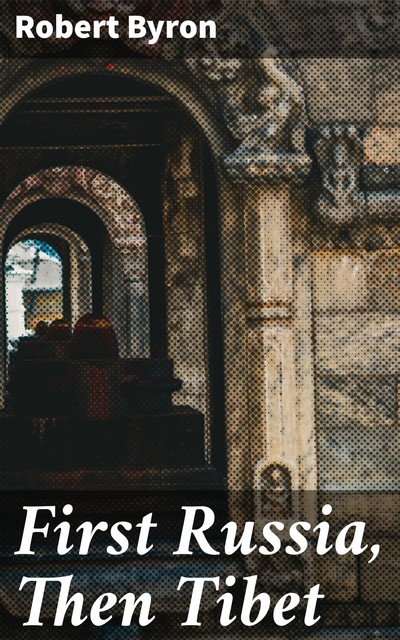In 'First Russia, Then Tibet,' Robert Byron embarks on a remarkable journey that intricately intertwines travelogue, cultural observation, and profound philosophical reflection. Written in the early 1930s, the book captures Byron's experiences across Russia and Tibet, offering a unique lens through which the reader can appreciate the complexities of both landscapes and peoples. Byron's lyrical prose, enriched with vivid imagery and keen insight, situates his travels within the broader literary context of early 20th-century adventure literature, while simultaneously engaging with contemporary political and spiritual discourses. Robert Byron was a notable British travel writer and art historian, whose extensive travels and vivid observations were greatly influenced by his passion for the uncharted and the ancient. His time spent in various cultures, particularly during a period marked by geopolitical upheaval, provided him with both a sense of urgency and deep curiosity that permeate his writing. Byron's keen appreciation of art and architecture further colors his exploration, revealing the nuances of how environment and culture interact. This book is highly recommended for readers who yearn for an enriching escape into the lesser-known corners of the world. Byron's thoughtful prose not only illuminates the landscapes of Russia and Tibet but also speaks to the universal quest for understanding and connection that resonates today. Readers will find themselves transported not just to distant places, but into the rich tapestry of human experience.


